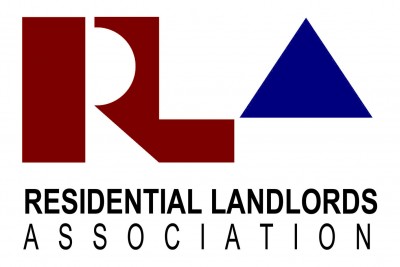
The Residential Landlords Association attempts to overturn Right To Rent migrant checks
The Residential Landlords Association has reiterated its opposition to Right To Rent, and is backing two legal challenges to the measure.
Letting Agent Today reported yesterday that two challenges were being mounted – one in the shape of a judicial review being sought by the Joint Council for the Welfare of Immigrants, and the other being a similar case initiated by London’s Camden Community Law Centre.
Under the Right to Rent Scheme, landlords – or their agents in their place – are responsible for checking the immigration status of tenants with the prospect of prosecution if they know or have “reasonable cause to believe” that the property they are letting is occupied by someone who does not have the right to rent in the UK.
The fear of criminal sanctions has made many landlords reluctant about renting to non-UK nationals out of fear of being duped by forged documents, according to The Residential Landlords Association.
Research by the JCWI has found that the scheme has made 51 per cent of landlords less likely to consider letting to foreign nationals.
This is backed up by similar research by The Residential Landlords Association which it will be using to support both cases.
Despite requests for it, the association says the Home Office has refused to publish a database of what all acceptable forms of identification for the scheme look like, arguing that there are simply too many from countries around the world.
The same JCWI research found that 48 per cent of landlords were less likely to rent to someone without a British passport as a result of the scheme because of the threat of criminal sanctions. This poses serious difficulties for the 17 per cent of UK residents who do not have a passport.
In October the Chief Inspector of Borders and Immigration announced a new review of the Right to Rent, it warned that this “will not examine any unintended consequences of Right to Rent, for example discrimination against would-be tenants, increased homelessness, or displacement.”
This is because, it said, it “does not have the capacity to conduct a meaningful examination of the unintended consequences of RTR at this time.”


If you have any comments, please email the author of this article and click on the link above